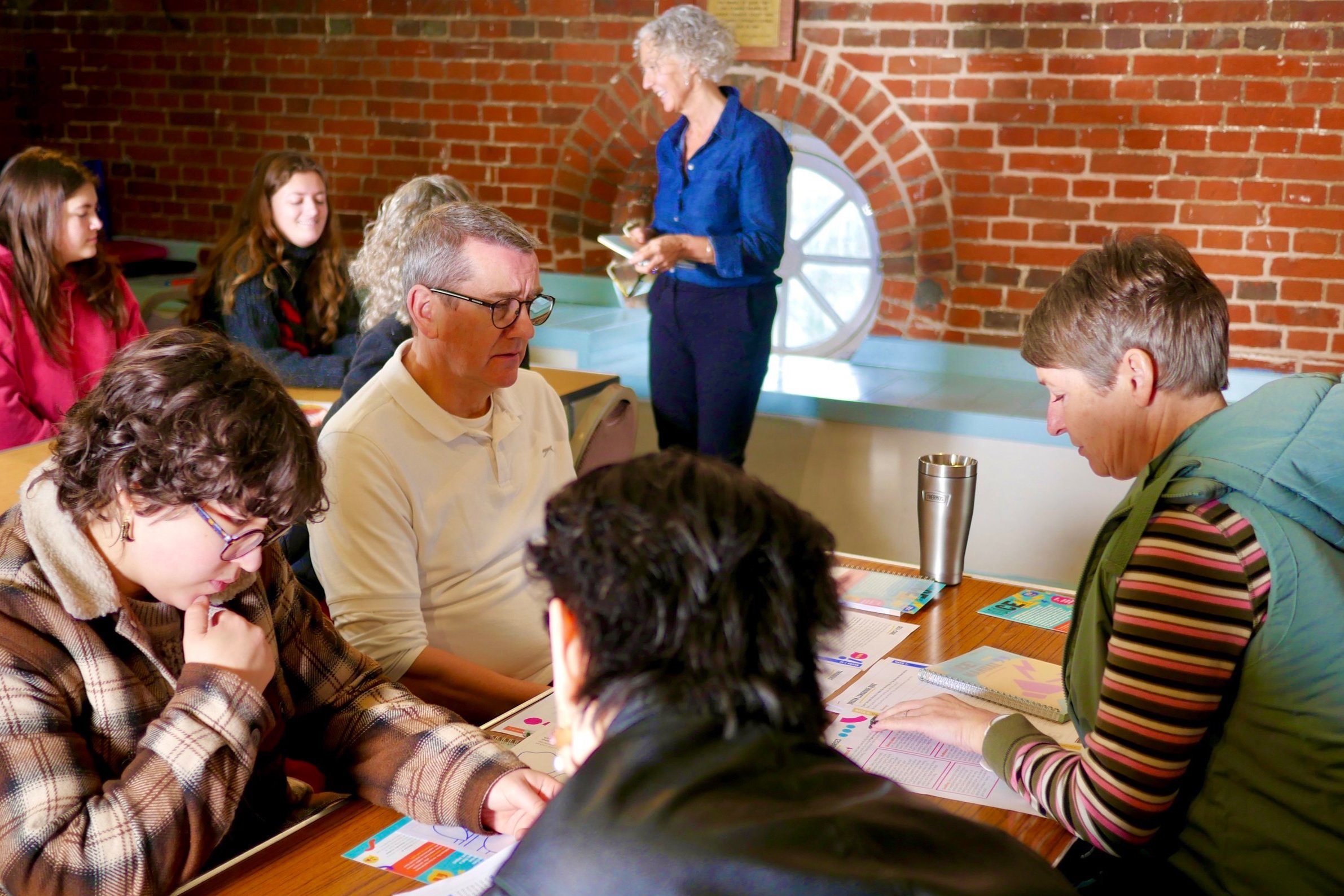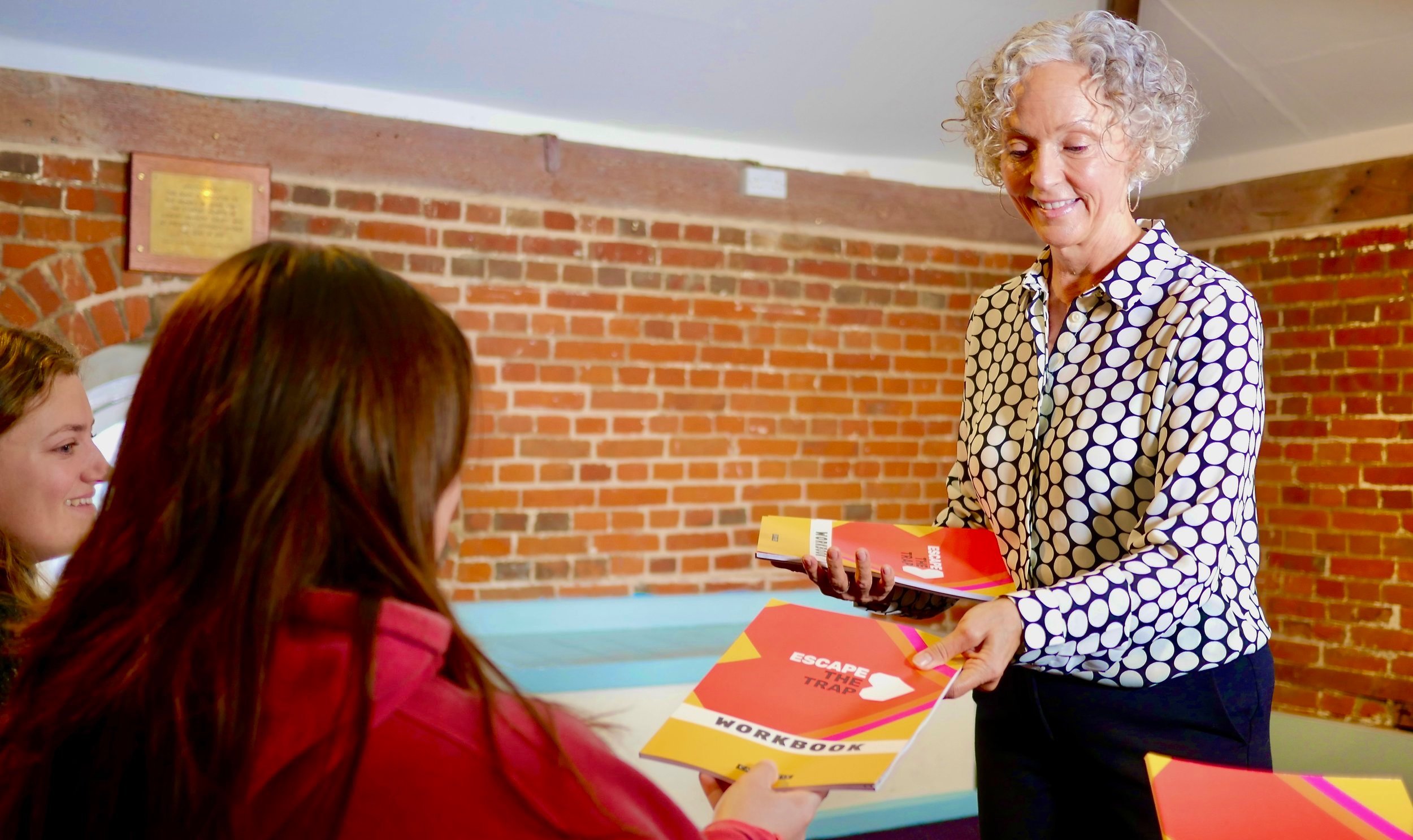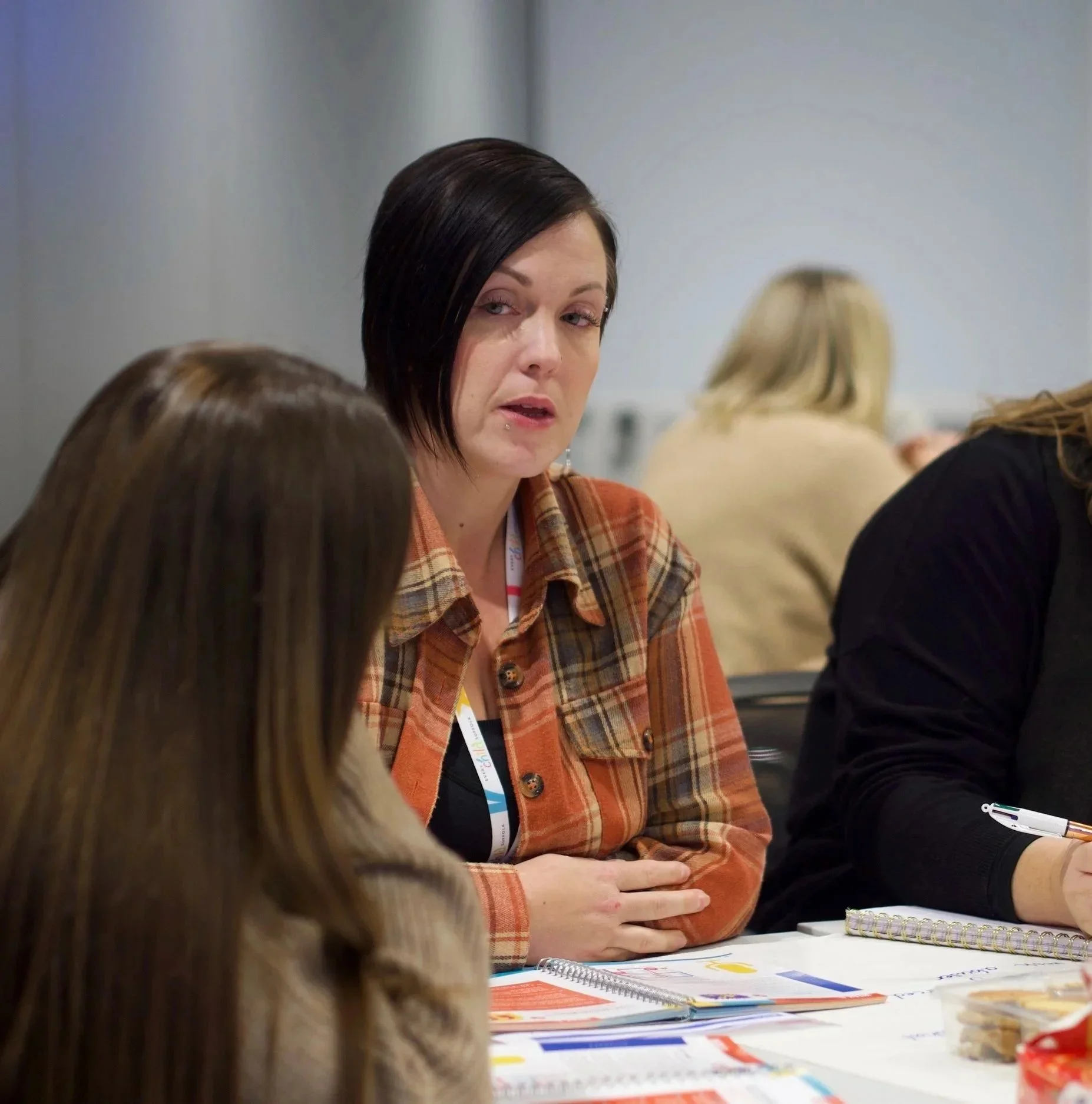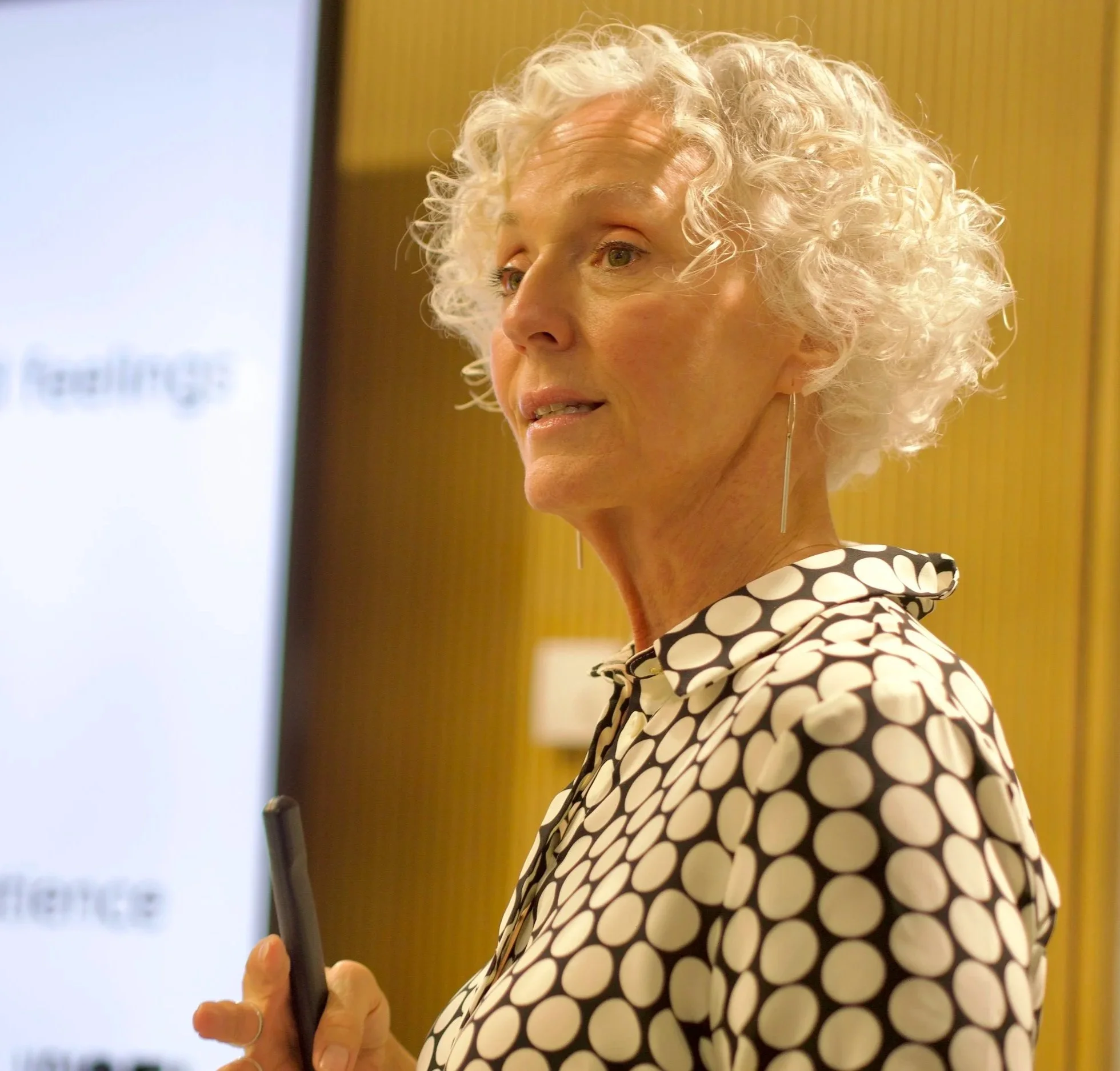Our Trainings
Awareness Matters delivers trauma-informed workshops and training on coercive control, domestic violence and abuse-related issues. All of our programmes, trainings, and workshops are designed to support victims and survivors and are underpinned with a trauma-informed framework and approach, to best address the dynamics and impacts of coercion, control and domestic abuse within relationships.
Escape the Trap Programme
Our 8-week teenage relationship abuse programme supports young people aged 13-25 to learn about the dynamics of grooming, coercion, and power and control. It was developed in response to the rising numbers of young people being vulnerable to relationship abuse.
The VOICE Programme
Our 12-week adult domestic abuse programme is for any victim or survivor of intimate coercive control and domestic abuse, whether ongoing or historical. It supports participants to identify a broad spectrum of abusive behaviours and understand the impact of such significant traumatic experiences within a therapeutic framework.
Who’s in Charge? Programme
This 9-week programme is for parents with children, aged 8-18, who are using abusive or violent behaviour toward them, or who appear out of parental control. The aim is to help them understand that the reasons behind abusive behaviour are varied and multi-causal, and we explore the nature of abuse, entitlement, and power that make CPVA more likely.

Upcoming Trainings
-

Escape the Trap
11th, 12th and 13th May 2026
7th, 8th and 9th October 2026
An 8-week programme designed to support to support all young people to learn about the dynamics of grooming, coercion, and power and control at an early stage in their experience of intimate relationships.
-

VOICE Programme
21st, 22nd and 24th April 2026
7th, 8th and 10th September 2026
A 12-week domestic abuse programme for adults addressing domestic violence, coercive control and impact of such significant traumatic experiences within a therapeutic framework.
-

Who's In Charge?
25th, 26th and 27th March 2026
2nd, 4th and 5th June 2026
A nine-week programme for parents whose children are using abusive or violent behaviour toward them or who appear out of parental control.
One-Day and Half-Day Workshops
Below are a series of one-day or half-day workshops that can are run as in-house training on request. Each participant in every workshop will receive a comprehensive pack with notes to accompany the training, which can be used for future reference.
Teenage Relationship Abuse
Working With Young People in Abusive Relationships
This workshop provides participants with better understanding of forms of abuse that affect young people, including coercive, controlling, and grooming behaviours prevalent in teenage relationships.
-
Who may be at risk of teenage relationship abuse
The similarities and differences between adult and teenage relationship abuse
How to begin a risk assessment process with a young person being harmed within a relationship
How to work with young people who may be experiencing a broad spectrum of emotions and feelings, encompassing low self-esteem, low self-worth, and confusion
-
To increase awareness of the extent of coercive control and violence and abuse in young relationships and enable practitioners to offer supportive interventions
To inform professional judgement in relation to young people, help identify suitable cases to be reviewed at a MARAC, and inform referrals to Children and Young People Services (CYPS)
To deepen insight into the components and dynamics of abuse experienced in teenage relationships
To further understanding of added risk factors that compound this complex issue
To identify the differences between teenage and adult domestic abuse
To explore the use of Young Person’s Risk Indicator Checklist for MARAC, in alignment with safeguarding, as well as safety planning and how to engage young people in this process
-
This workshop is appropriate for practitioners and professionals whose role involves working with young people and families, including those working for voluntary organisations.
Participants who have previously attended include those from Health services, Social services, CYP services, Youth Offending and Probation, Housing services, Police and Legal Professionals, Women’s Aid, schools, YDVAs, IDVAs, pastoral leads, individual counsellors and Domestic Abuse services.
Domestic Violence and Abuse and Coercive Control
The workshop aims to give participants a sound working knowledge of domestic and sexual violence and abuse and coercive control. It will emphasise the importance of inter-agency collaboration in responding to the needs of victims.
-
This workshop provides the opportunity for participants to:
Increase their knowledge base of domestic violence and abuse and its complex nature
Explore coercive control
Challenge the myths, stereotypes, and social tolerance of domestic violence and abuse
Understand and define the full spectrum of domestic violence and abuse and abusive behaviours
Build an understanding of the experiences of victims affected by intimate relationship and community abuse
Consider the cycle of abuse and the reasons why victims stay in abusive relationships
Consider the impact of domestic violence and abuse and what needs to be in place to leave an abusive relationship
-
This workshop is useful to anyone who wishes to extend their knowledge and understanding on the dynamics of domestic violence and abuse. It is appropriate for practitioners and professionals, including those working for voluntary organisations, whose role involves working with/supporting women, children and families.
Participants who have previously attended include those from Health services, Social services, CYP services, Youth Offending and Probation, Housing services, Police and Legal Professionals, Women’s Aid, individual counsellors and Domestic Abuse services.
Children and Domestic Abuse
A Shift in Response
The workshop aims to promote better outcomes for children and young people who have/are living with domestic abuse, and to raise awareness of their needs and views to enable practitioners to develop responsive interventions.
-
This workshop supports practitioners to develop responsive interventions that consider:
The effects on children and young people of living with domestic violence and abuse
How domestic abuse can be recognised through the responses and behaviour of children and young people
How children and young people make sense of their experiences of domestic abuse
The coping strategies children and young people may use
Practical and therapeutic approaches that involve and build on children’s and young people’s own understanding
-
This workshop is appropriate for multi-agency practitioners, including those working for statutory and voluntary organisations, who may work directly or indirectly with children and their families. The workshop underpins safeguarding procedures.
Participants will be expected to have completed some domestic abuse training prior to attending.
Domestic Violence and the Impact of Trauma, Traumatic Transference, Boundaries and Self-Care
This trauma-informed workshop is particularly suited to teams of staff and/or volunteers working directly in agencies with client groups who are particularly vulnerable and where trauma is a consistent theme in the nature of the work delivered.
-
This workshop will:
Explore coercive control and domestic abuse, and the impact of trauma on victims
Identify what motivates us to work within the domestic abuse arena
Explore the way we respond in relation to the nature of projection, transference, and counter-transference within a traumatic context
Reflect on vicarious trauma (trauma that service users present and the traumatic transference that can occur)
Consider what happens to us when we make referrals in respect of our own experience within the context of the situation
Consider boundaries, resistance, and self-care
-
This workshop is useful for multi-agency practitioners, as well as counsellors, psychotherapists, counselling supervisors, health professionals and those working with victims/survivors of domestic violence and abuse wishing to use a trauma informed, holistic and therapeutic approach.
Domestic Abuse, Complex Trauma, and the Impact on Mental Health
This trauma-informed workshop gives participants the opportunity to understand the nature and effects of coercive control, domestic violence and abuse on a person’s emotional and mental health.
-
This workshop addresses the effects of coercive control, domestic violence and abuse on a person’s emotional and mental health through a trauma-informed framework.
It identifies the criteria for Post Traumatic Stress Disorder (PTSD) and Complex Post Traumatic Stress Disorder, and looks at how the effects of domestic violence and abuse and Complex Trauma impact the mental health of victims/survivors, but may never be recognised as such.
The workshop aims to offer support to practitioners when working with those living with or impacted by domestic violence and abuse. It introduces risk assessment tools and how to assist a client in making a safety/crisis plan within the counselling session, without compromising the counselling process.
-
This workshop is useful for multi-agency practitioners, as well as counsellors, psychotherapists, counselling supervisors, health professionals and those working with victims/survivors of domestic violence and abuse wishing to take a trauma-informed, holistic approach.
Domestic Violence Risk Assessment, MARAC, and Safety Planning
This workshop brings together multi-agency risk assessment conferencing (MARAC) and safety planning and supports the adoption of a common DASH risk assessment that can be used by all agencies.
-
This workshop is focused to improve coordination between a range of protective interventions that can used by practitioners and professionals. It promotes working in an inter-agency environment to respond to victims of domestic and honour based abuse, in order to encourage an effective, focussed and consistent response to those living with domestic violence and abuse.
-
This workshop aims to:
Enable front line practitioners to respond appropriately to victims of domestic, sexual, and honour-based abuse
Increase knowledge about effective and safe interventions
Encourage disclosure
Identify high and lower risk cases using risk assessment and the MARAC process
Understand the risk poised by domestic violence perpetrators
Complete safety planning with victims at all levels of risk
-
The course is appropriate for practitioners and professionals including those working for voluntary organisations whose role involves working with/supporting women, children and families. Participants who have previously attended include those from Health services, Social services, CYP services, Youth Offending and Probation, Housing services, Police and Legal Professionals, Women’s Aid, individual counsellors and Domestic Abuse services.
As this course focuses on risk and protective interventions, applicants should have, at minimum, attended both domestic violence and abuse awareness training and safeguarding training.
Child to Parent Violence and Abuse
Insight and Understanding into Child to Parent Violence and Abuse (CPVA)
CPVA has emerged as an increasingly significant issue for families in the UK, with little practical information available and often contradictory research. This one-day workshop raises the profile of CPVA and its context in the UK, enabling practitioners to identify and support parents who are battling with CPVA.
-
Introduction to CPVA, including national context
How to identify CPVA as opposed to other forms of familial abuse
How to discuss CPVA in the face of shame and embarrassment
Impact of differing parenting styles for parents of uncooperative children
Supporting parents to develop creative consequences
Empowerment of parents
-
To increase understanding of the reasons that CPVA can happen
To dispel the myths surrounding CPVA
To explore approaches to working with parents experiencing CPVA
To offer tips and tools to support parents
To reduce parental guilt, build hope, and get parents past “we’ve tried everything”
To explore realistic consequences for non-cooperative children
To encourage improved engagement between the parent and child
-
The workshop is specifically aimed at practitioners working with families whose children are using violent, aggressive and abusive behaviour towards their parents and appear out of parental control. The learning is informed by some of the principles of the Who’s in Charge? Programme.
Practitioners who have attended our workshops come from domestic abuse agencies, probation, youth offending, health, therapeutic services, legal services, Citizens Advice Bureaus, education, community groups, housing, police, social services, early help teams, youth services, adoption & fostering services.








